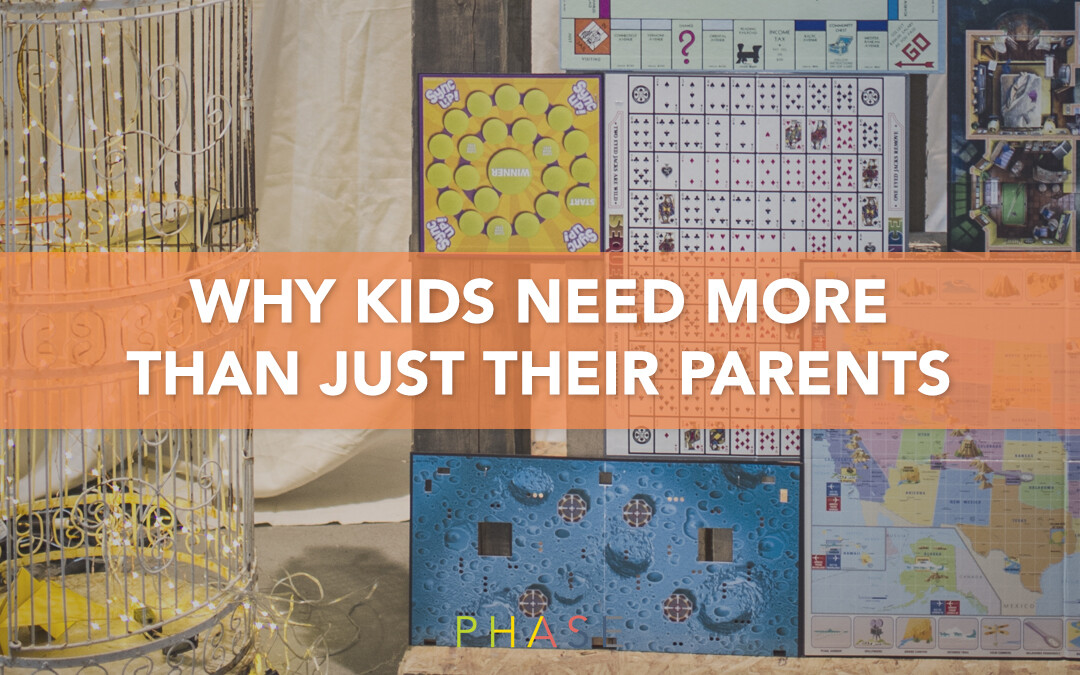
If no volunteer can ever know what a parent knows, when why recruit anyone to help with kids and teenagers?
It would definitely make things easier if you could just tell parents, “Since you know more than we can ever know, and you have more time than we will ever have, and you care about this more than we ever will, this is really up to you as the parent.”
You could also misquote Deuteronomy 6 to convince parents it’s their job alone, not the church’s to raise their kids. Just skip the part of the text where Moses speaks to every leader in the crowd(not just parents).
Moses was actually the first guy with the idea, “It takes a village.”
Sure, parents should be the primary influence in their kid’s lives.
But research, experts, and statistics suggest that kids who have other adults in their lives have better odds at winning
Maybe more churches should take Moses seriously when he implied, “We are all responsible for the faith and future of the kids in our community.”
The more you learn about life stages, the more you will be convinced that kids need a consistent adult, besides their parents.
- Preschoolers need a consistent adult because they can be terrified by unfamiliar faces.
- Elementary kids need a consistent adult because they will tell anything to a stranger.
- Middle schoolers need a consistent adult because nothing else in their life is consistent.
- High schoolers need a consistent adult because they only trust people who will show up consistently.
Some phases will cry more, talk more, doubt more, do more.
That’s why some leaders. . .
- Embrace preschoolers so they feel safe.
- Engage children so they can believe.
- Affirm middle schoolers so they will keep believing.
- Mobilize teenagers to participate in something significant.
Don’t be afraid to challenge leaders to make different commitments at different phases.
The leader who shows up once a week for second graders will make an easy connection within a few minutes because children will believe in anyone.
The leader who shows up for sixth graders will have to hang out for a while. Sixth graders are skeptics. They need proof over time
